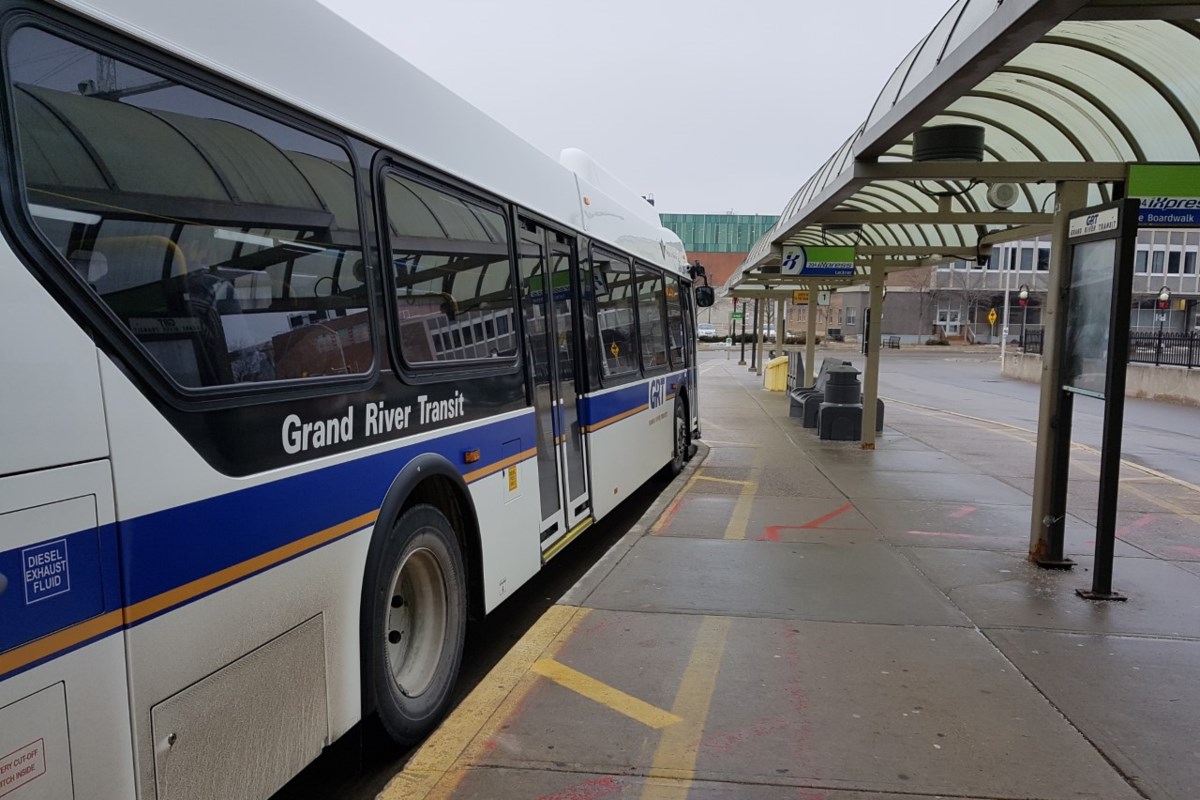TORONTO – Roots Corp. may have built its brand on all things comfy and cosy, but its CEO says activewear is now “really becoming a core part” of the brand.
The category, which at Roots spans leggings, tracksuits, sports bras and bike shorts, has seen such sustained double-digit growth that Meghan Roach plans to make it a key part of the business’ future.
“It’s an area … you will see us continue to expand upon,” she told analysts on a Friday call.
The Toronto-based retailer’s push into activewear has taken shape over many years and included several turns as the official designer and supplier of Team Canada’s Olympic uniform.
But consumers have had plenty of choice when it comes to workout gear and other apparel suited to their sporting needs. On top of the slew of athletic brands like Nike and Adidas, shoppers have also gravitated toward Lululemon Athletica Inc., Alo and Vuori, ramping up competition in the activewear category.
Roach feels Roots’ toehold in the category stems from the fit, feel and following its merchandise has cultivated.
“Our product really resonates with (shoppers) because you can wear it through multiple different use cases and occasions,” she said.
“We’ve been seeing customers come back again and again for some of these core products in our activewear collection.”
Her remarks came the same day as Roots revealed it lost $5.2 million in its latest quarter compared with a loss of $5.3 million in the same quarter last year.
The company said the second-quarter loss amounted to 13 cents per diluted share for the quarter ended Aug. 3, the same as a year earlier.
In presenting the results, Roach reminded analysts that the first half of the year is usually “seasonally small,” representing just 30 per cent of the company’s annual sales.
Sales for the second quarter totalled $47.7 million, down from $49.4 million in the same quarter last year.
The move lower came as direct-to-consumer sales amounted to $36.4 million, down from $37.1 million a year earlier, as comparable sales edged down 0.2 per cent.
The numbers reflect the fact that Roots continued to grapple with inventory challenges in the company’s Cooper fleece line that first cropped up in its previous quarter.
Roots recently began to use artificial intelligence to assist with daily inventory replenishments and said more tools helping with allocation will go live in the next quarter.
Beyond that time period, the company intends to keep exploring AI and renovate more of its stores.
It will also re-evaluate its design ranks.
Roots announced Friday that chief product officer Karuna Scheinfeld has stepped down.
Rather than fill the role, the company plans to hire senior level design talent with international experience in the outdoor and activewear sectors who will take on tasks previously done by the chief product officer.
This report by The Canadian Press was first published Sept. 13, 2024.
Companies in this story: (TSX:ROOT)

























